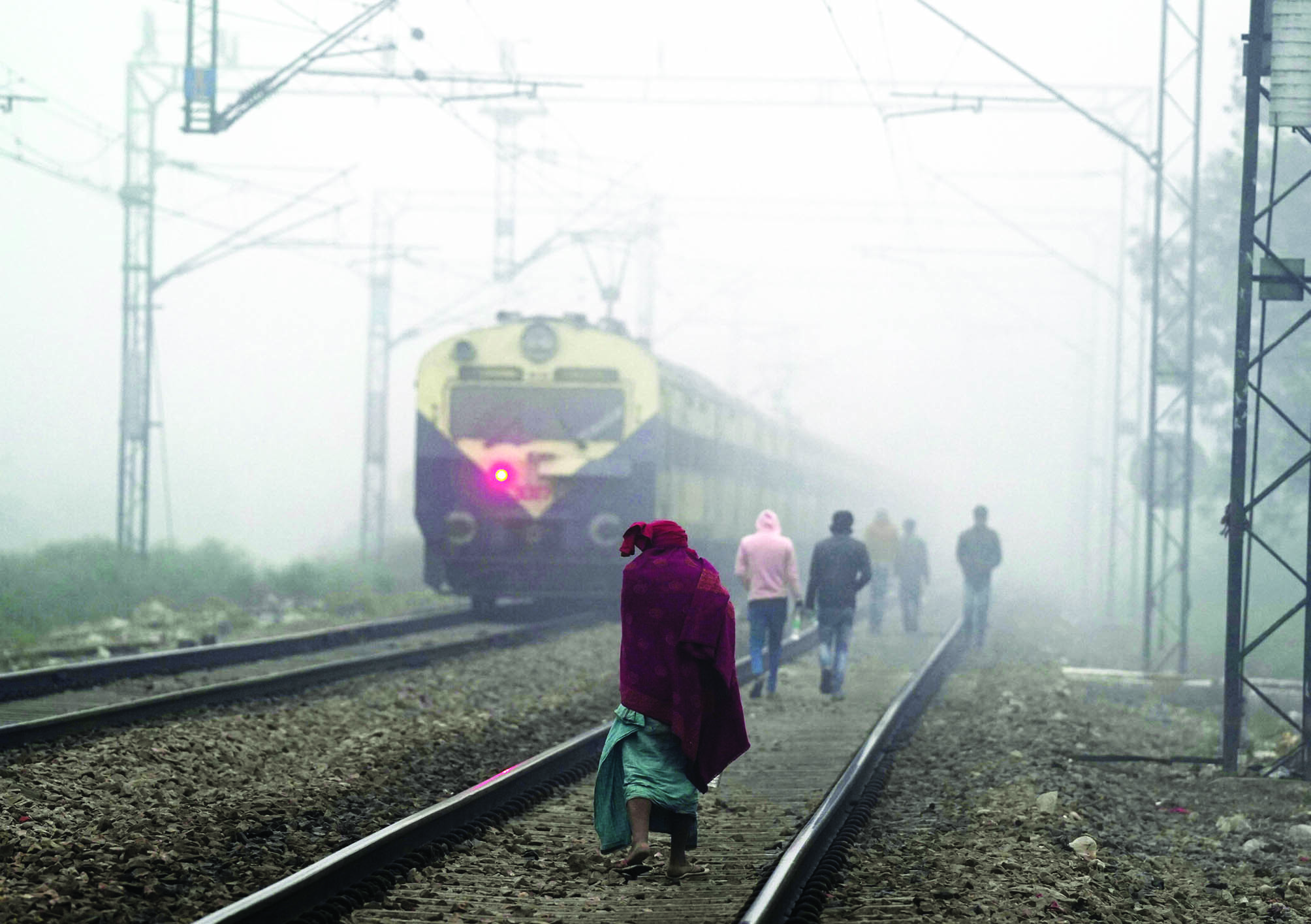Non-essential construction work banned in Delhi-NCR

New Delhi: In view of a spike in air pollution, the Centre's air quality panel on Friday directed implementation of curbs under stage III of the Graded Response Action Plan (GRAP) in Delhi-NCR, including a ban on non-essential construction and demolition work.
Delhi's 24-hour average air quality index (AQI) stood at 399 on Friday. The sub-committee on GRAP, at a review meeting, noted that the AQI is likely to slip into the severe category due to calm winds and stable atmospheric conditions.
It directed authorities in Delhi-NCR to invoke curbs under stage III of the anti-pollution plan with immediate effect.
GRAP is a set of anti-air pollution measures followed in the capital and its vicinity according to the severity of the situation.
It classifies the air quality in Delhi-NCR under four different stages: Stage I - 'Poor' (AQI 201-300); Stage II - 'Very Poor' (AQI 301-400); Stage III - 'Severe' (AQI 401-450); and Stage IV - 'Severe Plus' (AQI >450).
If the AQI is projected to reach the severe category, restrictive actions under Stage III are to be invoked at least three days in advance. These include a ban on non-essential construction and demolition, closure of stone crushers and mining activities in the region.
Non-polluting activities such as plumbing, carpentry, interior decoration and electrical works are allowed.
The next stage — "Severe Plus" category or Stage IV —includes steps like a ban on the entry of trucks into Delhi, allowing 50 per cent of staff to work from home in public, municipal and private offices,closure of educational institutions and the plying of vehicles on an odd-even basis, etc.
Delhi's minimum temperature rose to double digits for the first time in 15 days on Friday, but the respite is predicted to end soon.
The India Meteorological Department (IMD) said icy winds from the Himalayas will bring the minimum temperature down by three to five degrees Celsius in the plains of northwest India.
"Dense fog is likely to continue over the region during the next 4-5 days. A fresh cold wave spell is likely to commence over northwest India from January 1," it said in a statement.
The Safdarjung observatory, Delhi's primary weather station, recorded a minimum temperature of 10.7 degrees Celsius, four notches above the normal. It was also the highest minimum temperature this month.
The maximum temperature settled at 22.8 degrees Celsius, a departure of 2 degrees Celsius from normal.
The Delhi government will decide on December 31 whether a ban should be imposed on plying of BS-III petrol and BS-IV diesel four-wheelers in the national capital, a senior Transport Department official said on Friday.
This came shortly after the sub-committee on the Graded Response Action Plan (GRAP) directed authorities in Delhi-NCR to invoke curbs under Stage III of the anti-pollution plan with immediate effect.



